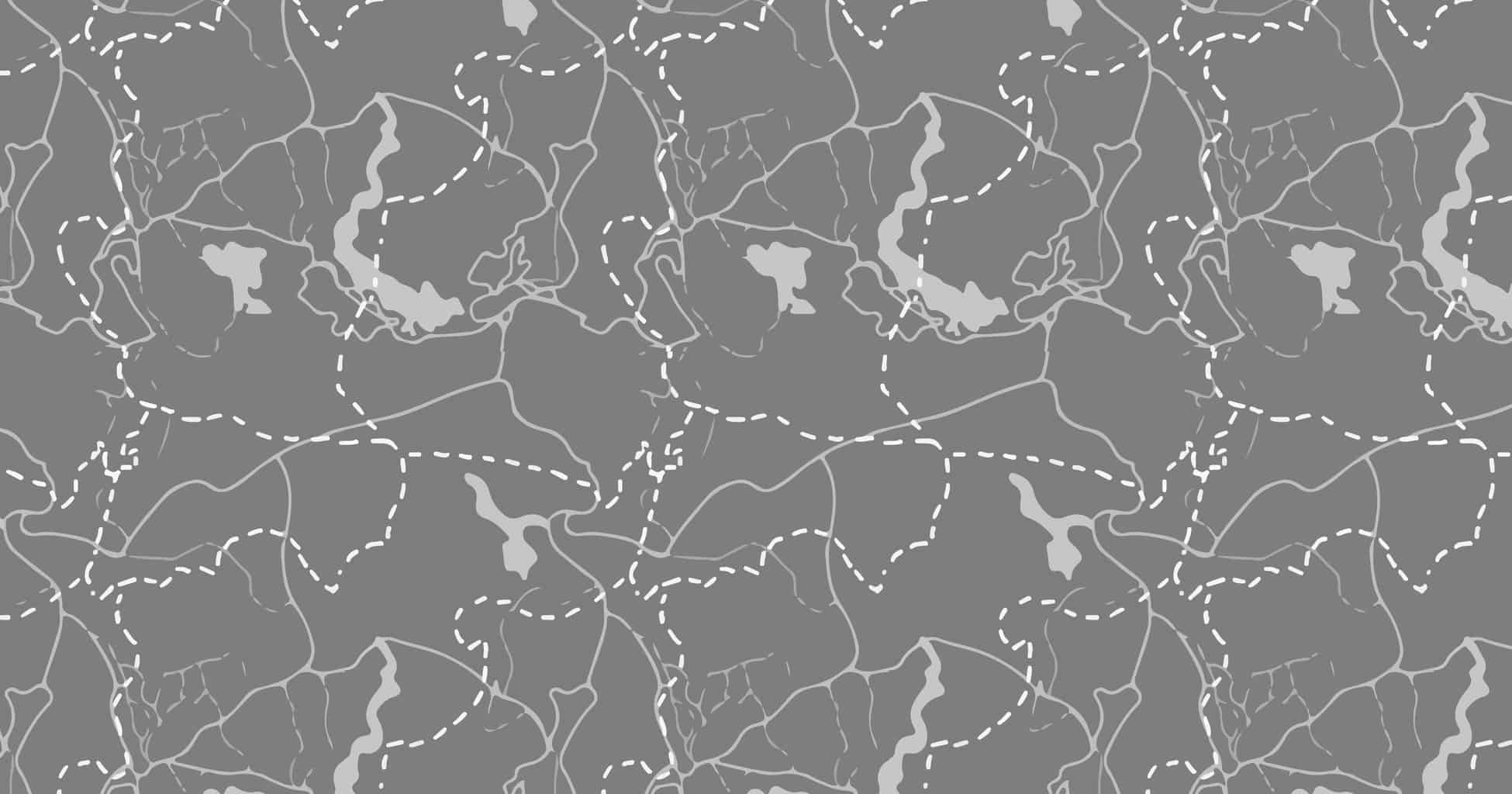Haiti
Haiti
Current and Past Recommendations to the UN Security Council (Monthly Action Points)
The situation in Haiti continues to worsen in the face of escalating violence, against the backdrop of recent natural disasters, including prolonged drought, flooding and an earthquake, multiple public health crises, political deadlock, a broken judicial system, and impunity for violations of human rights. Access to food, water, shelter and basic healthcare continues to be challenging, there has been widespread displacement, including 10,000 in the last two weeks of August and almost 200,000 people in July. The violence perpetrated against civilians is highly gendered and exacerbated by the availability of firearms, which is made possible due to widespread trafficking. Men comprise the majority of individuals killed, while diverse women and girls comprise the majority of individuals targeted for sexual violence, which has been characterized as “pervasive,” as a means through which to “terrorize, subjugate and punish” the civilian population. Lesbian, gay, bisexual, transgender, intersex and queer (LGBTIQ) people, especially transgender women, are further targeted because of their gender expression. In the forthcoming discussion of the situation in Haiti, senior UN officials should express unambiguous support for women’s human rights, the critical role of women’s civil society, women human rights defenders and peacebuilders, and further reinforce that all peace and political processes must include women’s full, equal, safe, and meaningful participation and leadership. Further the briefing should update on engagement with diverse women’s civil society and efforts to monitor and report on violations of women’s human rights, including the situation for women human rights defenders, who should be allowed to operate freely and without fear of threat or reprisal.
Council members should emphasize that the mission must ensure all humanitarian action is age and gender-responsive, disability-inclusive, which includes immediate and non-discriminatory aid and quality healthcare, including sexual and reproductive health services and GBV prevention, mitigation, and response services. Council members must demand that all peace, security, political, and humanitarian processes, including transitional discussions or constitutional or electoral reform discussions, particularly those supported by the UN, require the full, equal, safe and meaningful participation and leadership of diverse women at all levels and throughout the process. Finally, in the planning of the Multinational Security Support (MSS) mission authorized pursuant to resolution 2699 (2023), it is crucial that all measures are taken, prior to deployment, to prevent the unlawful use of force, harm to local populations due to negligence, and other abuses by establishing clear, mandatory, and enforceable parameters that detail the operational and oversight measures which will protect individuals against sexual exploitation and abuse and ensure accessible and effective remedies for victims, as well as promote full adherence to the UN human rights due diligence policy.
Relevant Resources




